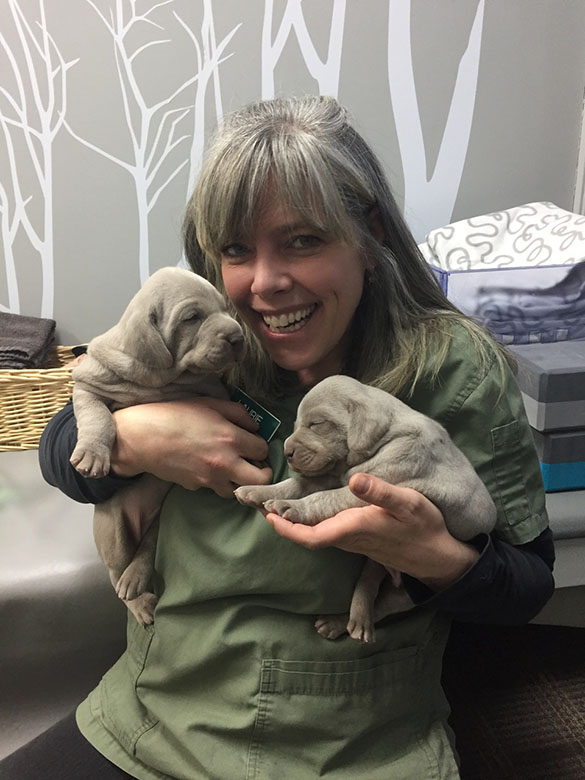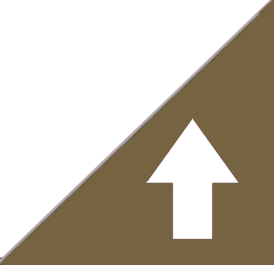Laurie's Blogs.
May 2022
Client Education
I’ve had a couple of instances lately that made me realize how much I take for granted the things that I know as a physio and canine rehab professional AND that I need to be aware of these so that I can do a better job with my patient education.
The first instance was a long-time client with an older dog having mobility issues. She had watched a video where the speaker was explaining to the watchers how positioning the rear legs into a proper position can help a weak dog to get up from sitting or lying. I was surprised that this was new to her. Surely she had seen me helping her dog get into a proper position when they were leaving an appointment. Surely this couldn’t be news to her. However, it seems it was!

This left me feeling that I had failed this dog-owner duo. It made me realize that, that which I took for granted that other knew or had observed me doing, hadn’t actually registered. It made me realize that I need to pay special attention to educating on these factors that seem commonplace to me, as a seasoned healthcare practitioner.
The second recent incident was with another calf on the ranch. He’s not getting up. Maybe it was a lack of oxygen to the brain when he was born? (His mom calved overnight, and the hired hand found him flat as a pancake.) So, he had improved a wee bit to being able to lie in a normal upright position, but couldn’t get up. The hired hand asked me to have a look at him.
I checked musculoskeletal, and neurological. He seems like a normal calf, but he can’t get up.
We propped him up over a bale of straw… and we could get him standing. Wobbly. But standing if propped up.

Two things came out of that session. Firstly, was that the hired hand has milked the cow and was going to tube feed the baby. I had said that since he was standing, bottle feeding him in a ‘normal position’ might help kick start normal reflex and movement patterns. It did. He was standing over the bale in a normal calf drinking stance. I then suggested rhythmic stabilizations and facilitation of the oppositional reflex to try to build core stability. That was a new thought process as well. I then went home to make a calf sling out of old blue jeans to see if standing him would help as well. It has been really interesting using my physio skills on the ranch… because there is a ‘farm-practicality’ aspect to livestock production. Not a lot of ‘coddling’ can go on. You get up and go or you can’t live here, is sort of the ranch mentality.
Anyways, the case of the slow calf and helping the hired hand to figure out how to work with him was another example of helping the animal guardian to help the animal. At least in this case, I realized that I needed to do better at educating what I was doing and why I was doing it.
P.S. The calf was still wobbly and unable to walk after the second day of ‘therapy’, and I was very disappointed. I told the calf that if he didn’t try harder, he wasn’t going to be allowed to continue. Well, the next morning, when I texted the hired hand, he sent me a picture of the little bugger walking! I am actually blown away. I think it was the threat!!!
So, to tie these two random stories together, my point is to not take for granted what you know and have learned along the way. Our medical backgrounds mean that we see things differently, we understand the nuances, we can wrap our heads around the background and the ‘why’ of it all. That isn’t common-place.
As such, we need to slow down, take a step back, and remember that part of our job is to educate. A huge part of our job is to educate. While we might think that we do a good job with patient education, chances are you could do better. Chances are you are taking your years of experience and background for granted. Chances are you are doing a disservice to your clients in some measure.
So, I challenge you this week to talk more, explain more, educate more, and see how it goes!
Onwards and upwards!
Cheers, Laurie


